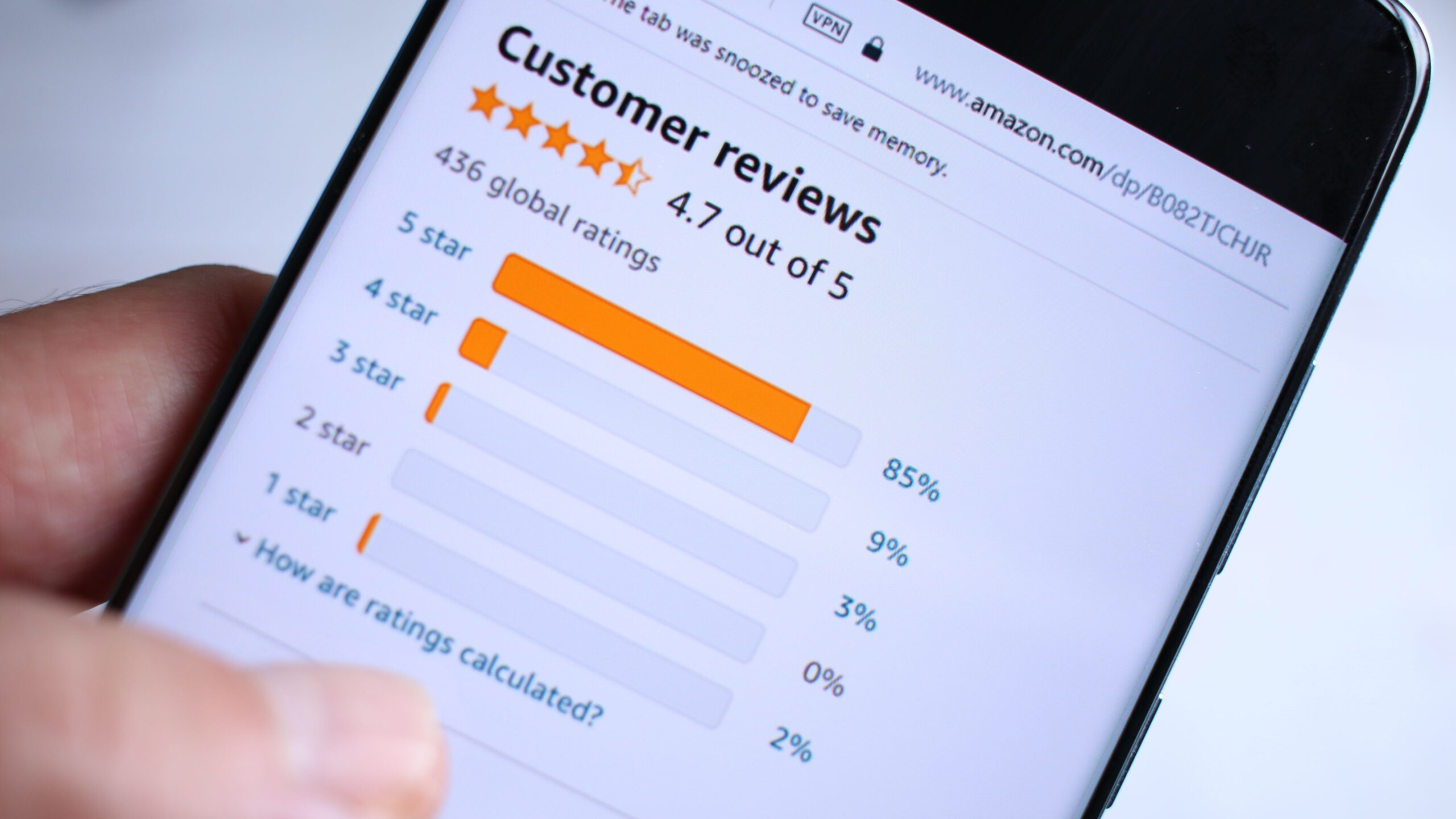Stigler Hosts Concentration of Views on Digital Platforms
On Apr. 19-20, the Stigler Center at the University of Chicago held a provocative antitrust conference on Digital Platforms and Concentration. It was the Stigler Center’s second such event that was highly critical of the tech industry. Given that the event occurred at the University of Chicago, one could be forgiven for thinking this was a gathering of antitrust scholars advocating a restrained, empirical approach — as apparently did the Economist magazine. The term “Chicago School” has come to be used as a shorthand reference to a perceived laissez-faire style of antitrust enforcement, although this criticism is often overstated and Judge Richard Posner marked the convergence of Chicago and Harvard schools back in 1979. Regardless, it would be easy for an outsider to get the impression that a center named after one of the founders of the original Chicago School would host an event populated by conservative scholars and defenders of big business. If such an event were to conclude that aggressive action must immediately be taken, that would be big news.
In fact, the event agenda had a concentration problem in that while the panels had many of techs harshest critics, other important voices were not present. These critics included Gary Reback, who represents antitrust plaintiffs against Google, Tim Wu, who was compensated by Yelp for a study that concluded Google harms competition, and Jonathan Taplin, who wrote a book heavily critical of tech companies. There was also a panel moderated by Matt Stoller of the Open Markets Institute, a think tank who is largely focused on criticism of the tech industry, which contained Barry Lynn, the president of Open Markets Institute, as a panelist. In all, the event hosted enough neo-Brandeisians to have a great party afterwards, but it certainly should not be mistaken for also having a representative sample of current Chicago School-type thinking.
While the discourse generated by the annual Stigler Center event may prove to be important to the ongoing debate, there were many key voices that did not participate. In some ways, it was a missed opportunity to discuss the full spectrum of ideas on whether and how to reform antitrust, or whether the status quo is working as intended. Here is a list of some the non-attending scholars whose voices will be critical to the ongoing dialogue:
- Carl Shapiro was invited to the conference, but could not attend as he was testifying as the government’s expert witness in the case against the AT&T/Time Warner merger. His paper “Antitrust in a Time of Populism” advocates stricter merger control and close scrutiny of big firms, including tech. However, Shapiro cautions that while scrutiny is good, we need to be careful not to attack firms simply for being successful. He cautions against jumping to conclusions or overstating evidence, and argues that enforcement needs to be grounded in facts.
- Diana Moss, president of the American Antitrust Institute, has been a thought leader among pro-enforcement scholars and a regular on the panel circuit. Her organization has been a fierce advocate of tougher enforcement, especially in merger review. Moss has also been a fierce defender of the consumer welfare standard and fact-based enforcement. Moss believes we can do far more under the current consensus view of antitrust law.
- Herbert Hovenkamp is often seen as the godfather of antitrust, and is the author of the leading antitrust law treatise. While he mostly maintains a position as a neutral observer and commentator on antitrust policy, many of his positions tend towards enforcement – especially in regards to the anticompetitive use of intellectual property. His recent paper “Whatever Did Happen to the Antitrust Movement?” examines the neo-Brandeis movement in the larger historical context and ultimately concludes the current consensus view is the best path forward for antitrust policy. Hovenkamp has been skeptical of the cases made against big tech companies, stating “what I find very disturbing about the arguments against both Amazon and Google is the lack of any serious attention to the impact on consumers.”
- Dan Crane, Senior Professor at Michigan Law, has written extensively on antitrust policy — including putting antitrust into greater contexts of history and politics. His recent article, “Four Questions for the Neo-Brandeisians” provides greater context for the debate among the “consensus” view of antitrust and asks the neo-Brandeisians how they wish to fit into this debate. Interestingly, Crane points out that the neo-Brandeisians need not be the outsiders they have set themselves up to be. While advocating for radical change might give neo-Brandeisians points for style, Crane asks the movement for critical pieces of substance.
- Josh Wright is a former commissioner of the Federal Trade Commission, and a prominent scholar and professor at George Mason University. His most recent paper, “Hipster Antitrust Meets Public Choice Economics: The Consumer Welfare Standard, Rule of Law, and Rent-Seeking,” is a stunning rebuke of the Neo-Brandeis movement. Wright is concerned that the new standards proposed by the neo-Brandeis movement are more difficult to enforce and would encourage rent-seeking by corporations who would seek to misuse antitrust law to gain an advantage over their rivals.
- Geoffrey Manne, founder of the International Center for Law and Economics, is another regular on the antitrust panel circuit and frequent critic of the neo-Brandeis movement. His article “The Illiberal Vision of Neo-Brandeisian Antitrust” argues that the movement would encourage more corporate influence in politics because it would create a powerful institution with vague goals. Manne believes that the consumer welfare standard and courts that require fact based evidence are actually a strong defense against interference by special interests.
- D. Daniel Sokol is a prolific antitrust author and scholar who also edits the Antitrust & Competition Policy Blog. His recent paper “Understanding Online Markets and Antitrust Analysis” suggests ways in which online markets might need special consideration under the antitrust laws and puts these suggestions in the context of enforcement actions around the world. Sokol cautions against rushing to intervene in online markets without a proper accounting of the facts. Sokol argues that mistaken antitrust intervention into dynamic online markets can actually threaten innovation.
The Stigler Center conference may have given the impression that the antitrust bar believes the rise of big tech companies shows a failure in antitrust law. However, Makan Delrahim, the Assistant Attorney General for the Antitrust Division, also gave a compelling argument that “the antitrust consensus approach is flexible to new business models in digital markets, and that there is no persuasive evidence that antitrust itself has ‘failed.’” Makan’s keynote speech foreshadowed a much broader debate, and the missing voices will undoubtedly be important to filling in the details as this debate continues.








